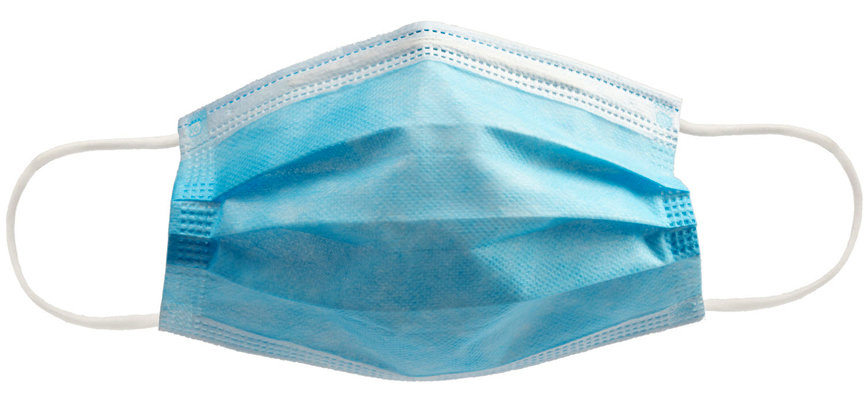Power positions rule mask order over-stepped authority
Editor’s note: The following story was posted to the Iowa Capital Dispatch website July 7.
The Iowa attorney general’s office says city and county officials cannot order residents to wear face masks as long as such orders conflict with statewide emergency declarations and public health guidelines on COVID-19.
In Muscatine on Sunday, Mayor Diana Broderson attempted to read a new proclamation requiring the city’s residents to wear face masks or coverings while in public, and was shouted down by protesters who called her a “tyrant” and said the proclamation violates their constitutional rights. The order was to take effect Monday.
In neighboring Scott County, one supervisor is proposing a similar order that would make masks mandatory in all public areas where social distancing can’t be practiced. That proposal is expected to be discussed at Thursday’s board of supervisors meeting.
On Tuesday, Iowa Gov. Kim Reynolds cited informal opinions from the state attorney general’s office in saying any local orders related to COVID-19 must be consistent with the state action on the same issue. Reynolds has only said Iowa residents should follow Iowa Department of Public Health guidelines, which do not require face coverings.
“According to the statute, if the governor has a declaration in place, if the county declaration isn’t … consistent with that, then it’s not — it’s not appropriate, and it’s not in effect,” Reynolds said.
Interim Muscatine County Attorney James Barry told county supervisors on Tuesday that Broderson exceeded her authority in ordering people to wear face coverings, the Muscatine Journal reported. Barry said he had contacted the attorney general for an opinion on the proclamation and although he had yet to receive a response, he was issuing his own opinion based on previous statements from the attorney general’s office.
In March, Assistant Attorney General Heather Adams gave the Iowa Department of Public Health’s deputy director a legal analysis on the question of whether counties and cities could require citizens to shelter in place during the pandemic. The analysis noted that home rule provisions of the Iowa Constitution grant cities and counties the authority to enact laws that are not inconsistent with the laws of the state.
Cities and counties are authorized to take action on their own to protect the rights, privileges, and property of the residents, and to preserve and improve the peace, safety, welfare, comfort and convenience of residents. It is those powers the city of Muscatine cites in its proclamation pertaining to masks.
But the limits of those same powers are directly addressed in Adams’ analysis, which says actions taken under those provisions of the law are barred if they can’t be reconciled with state law.
“While cities and counties have police powers to protect the health and safety of their citizens, the state has the authority to declare and coordinate the response to a public health disaster,” Adams wrote. “This includes the power of the governor to sub-delegate administrative authority to cities and counties, including the power to restrict movement within communities by these local authorities. This power also would allow the governor discretion to retain such powers and not delegate this authority to cities or counties.”
In June, a similar question arose when state Sen. Zach Wahls, a Coralville Democrat, asked for the attorney general’s opinion on the power of cities or counties to pass regulations requiring individuals to wear masks while patronizing local businesses.
Citing Adams’ previous analysis on sheltering in place, Assistant Attorney General Michael L. Bennett told Wahls that while the statewide disaster emergency proclamations remain in place, the governor retains the power to either delegate or retain the authority to issue directives of that kind.
He said state law enables the Iowa Department of Public Health, in conjunction with the governor, to take the necessary measures to prevent the transmission of infectious disease, “and to inform the public of the protective measures to take during the disaster.”
Any local action, he said, would need to be consistent with the governor’s proclamations on the matter with the guidance issued by the Iowa Department of Public Health.
Lynn Hicks, spokesman for the attorney general’s office, said that analyses has been shared with the Muscatine County Attorney’s Office.
Comments

